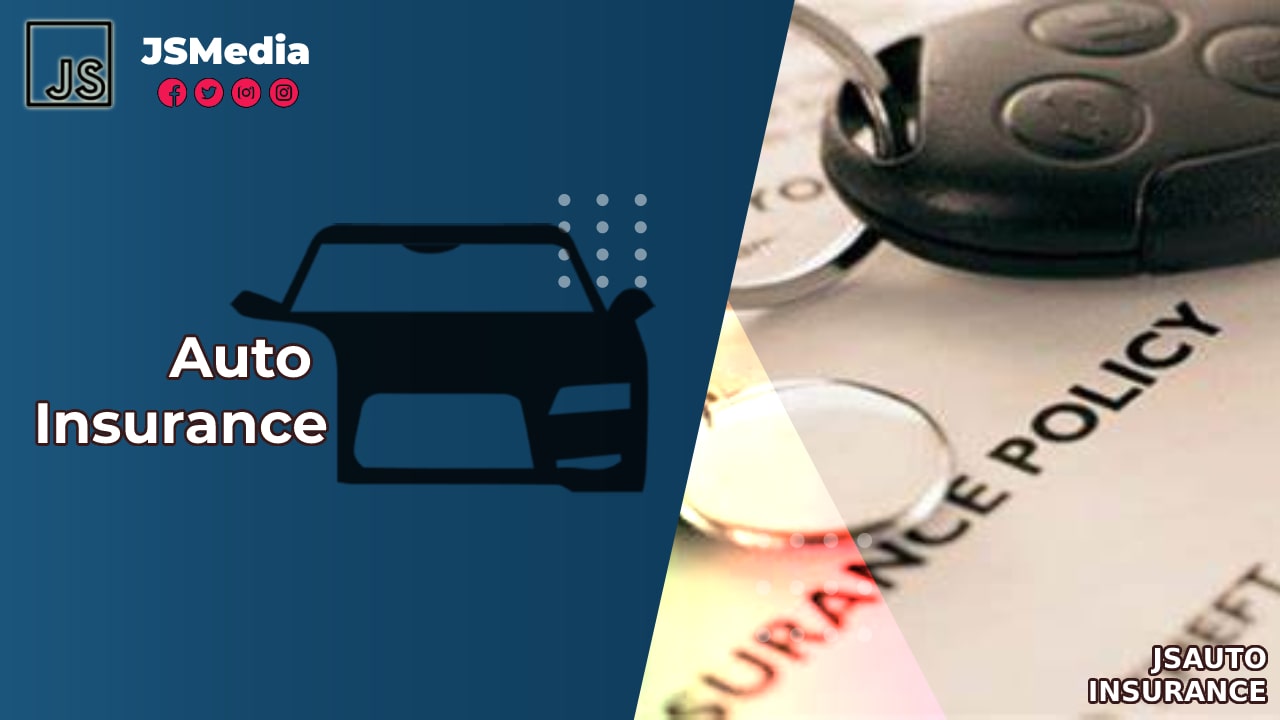JSMedia – Do you receive unsolicited calls from insurance companies? These telemarketing robocalls can cause a lot of stress. If you answer the call, you’ll be given a number that leads to a voicemail asking for your financial information. It’s better to ignore these calls altogether and speak with your car insurance carrier. The company will most likely tell you that you can’t make any changes to your policy.
However, it’s best to avoid answering these calls as they may be scams. Sometimes the people who are phony pretend to be from a reputable company. For example, the phone scammer may appear to be from a car dealership or an insurer. If you answer the phone, you will be asked for your bank details and then asked to pay more than is required. Then the scammer will claim that the money is a legitimate payment, but you will never see it.
The most common auto insurance scam starts with an unexpected phone call from someone who claims to be from the automaker or dealer. They claim to be from the insurance company or the government and ask you to press a button to extend your coverage. The “salesperson” will try to get your credit card information or other personal information. These calls will not only be deceptive but also dangerous. So it’s best to hang up right away.
Auto Insurance: Avoid Unsolicited Auto Insurance Calls
If you are getting unsolicited calls from an agency that offers cheap insurance, don’t make the mistake of giving out your personal information. If you don’t want to lose the money, don’t provide it to the agency. Instead, read reviews of the agency and call them directly. When speaking to an agent over the phone, it’s always best to check whether they’re an agent. If you’ve been scammed before, don’t be fooled!
Auto insurance scams are made by using robocall technology and automatic dialers to contact potential victims. According to the Consumer Reporting Council, nearly half of the 58.5 billion robocalls in the U.S. in 2019 were spam calls. AARP found that nearly half of the respondents received at least seven robocalls a day. They also often use aggressive sales tactics to persuade consumers to purchase a policy that doesn’t even cover their needs.
If you receive an auto insurance scam call, it’s best to ignore it. If it’s a robocall, you should be suspicious. Usually, the person who’s calling is attempting to sell you a service that doesn’t exist. These calls are not legitimate and should never be trusted. They are spoofing phone numbers and area codes. Be wary of these robocalls and keep your personal information confidential.
Scammers are targeting the uninsured. When they make a call from a telemarketer, they’ll try to gain your trust by claiming to be an authorized agent of your car insurance company. While they’ll tell you that they’re selling you a policy to get your money, they’re committing fraud. The best way to protect yourself is to avoid these phone calls. You should be vigilant and protect yourself against these callers.
If you’re worried about an ad, report it to your state’s insurance fraud bureau. TDI recommends consumers ask for the license number of the insurance agent. If you’re unsure, contact your state’s insurance fraud bureau. Moreover, if you are receiving a scam call, you should be suspicious. If the ad calls are from a reputable agent, they’re most likely legitimate.
Scammers may pretend to be an insurer in order to gain your trust and then offer shoddy plans. The scammers may pretend to be a reputable insurer but they’ll try to lure you with a “limited warranty” or other fake plan. When this happens, you’re paying for a useless warranty. The warranty is just a cover for your car. You’ll never need it. It’s a protection against the costs of an accident.
The best way to avoid getting scammed by these robocalls is to be vigilant and be aware of the facts. While a robocaller may seem legitimate, they may actually be a fraud. When you’re involved in an accident, you need to gather accurate information and take pictures of the scene. Don’t give them your personal information. These people can also try to get your personal information by implying that they work for a reputable company.

